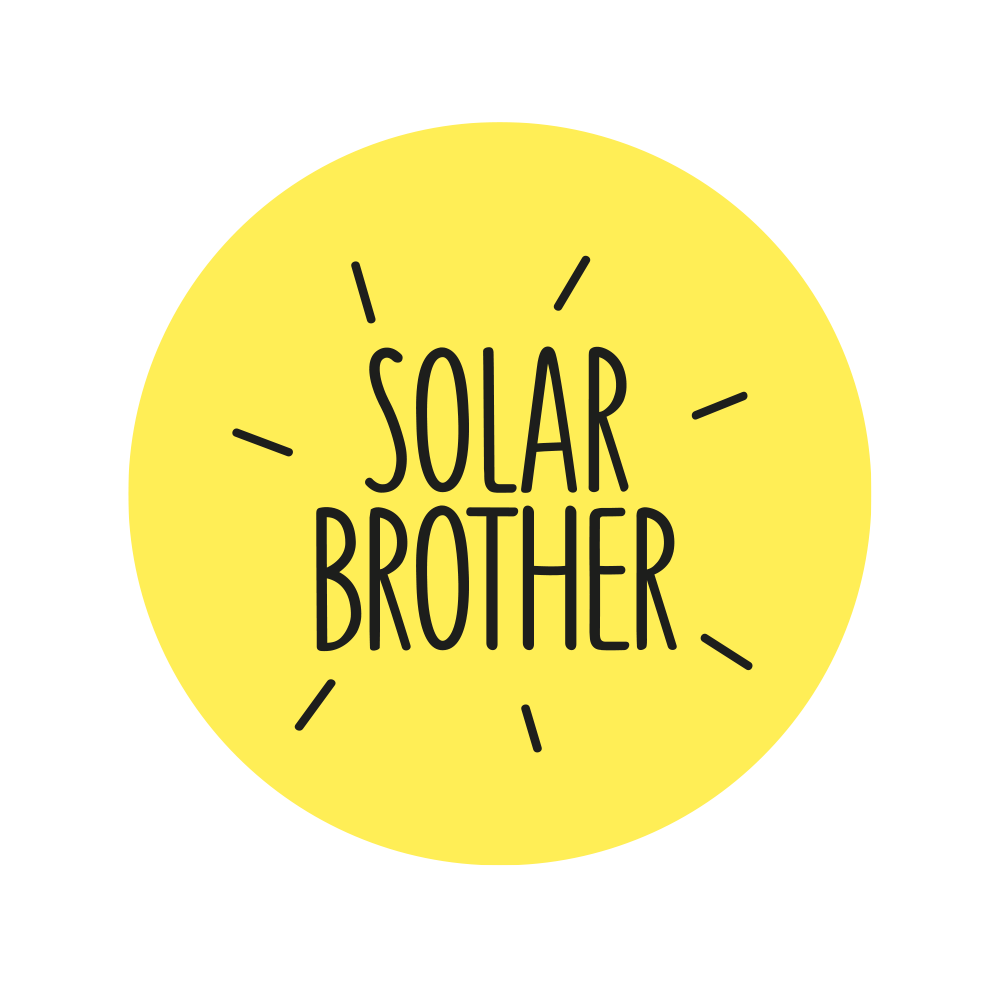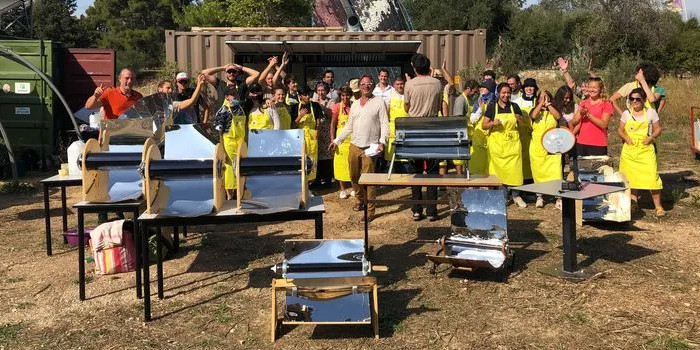News
Low-tech in food for a successful ecological transition
Low-tech in food for a successful ecological transition
In its latest study, published in March 2023, the
ADEME
examines the concept of low-tech through a literature review and some thirty interviews. To make a success of the ecological transition, the aim of this study is to define the conditions for large-scale deployment of low-tech solutions compatible with the concepts of sobriety, the circular economy and, above all, frugal innovation. Two themes in which Solar Brother has been involved since its inception caught our attention in particular: firstly, low-tech food preparation and preservation, and secondly, low-tech collective nutrition.
Solar cooking
To prepare and preserve food, the ADEME study looks at solar cooking and drying solutions. In fact, solar thermal technology for heating and drying food is a proven low-tech technology. The
Sungood folding solar cooker
is cited as an example, as well as the entire range of
solar ovens and barbecues
sold by Solar Brother for solar cooking.
Solar drying
Food preservation is another point addressed: solar drying offers an effective and ecological alternative for preserving fruit, vegetables and plants, as with the
OMY solar dryer
.
In order to make these low-tech solutions as widely available as possible, Solar Brother provides free plans for anyone wishing to build their own
solar oven
or
solar dryer
.
Cooking without energy input
Finally, a low-tech solution that can be combined with all forms of cooking (solar, wood, gas) is the use of a Norwegian pot . The Norwegian kettle insulates preheated food so that cooking can continue without the need for additional energy. Using this ancient technique, energy savings for cooking a dish can be as much as 60%!
Solar restoration
After reviewing low-tech alternatives for heating and preserving food, the study also looks at the possibilities of using solar energy for collective catering.
On this occasion, the experience of our partner the guinguette ”
Le Présage
“located in Marseille, is highlighted. In fact, it’s the first solar restaurant in Europe to use a Sunchef Pro
Sunchef Pro tubular solar oven
and a solar cooker. “Le Présage” offers seasonal cuisine using local produce. This model can easily be extended to all territories and developed in the form of a restaurant-garden with bioclimatic building.
Whether for individuals or professionals, this ADEME study shows that low-tech offers real environmental, economic and social benefits for food. Thanks to its core business, ADEME could help to remove the cultural, regulatory and financial obstacles to the large-scale deployment of these low-tech solutions.
Source: https://librairie.ademe.fr/dechets-economie-circulaire/5421-demarches-low-tech.html
Cover photo © Association “Les festins photoniques” / Restaurant “Le Présage”.

